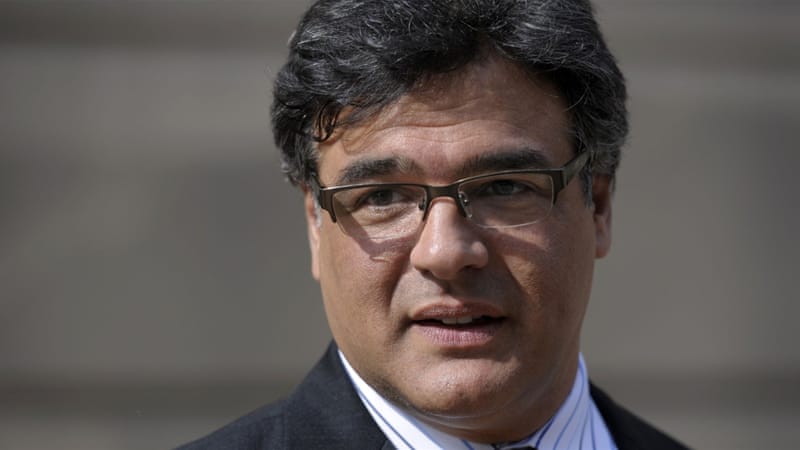Thursday, April 21, 2005
Deming's defender of words
By Nicole Brodeur Seattle Times staff columnist
The biggest battles, the ones that Really Count, always seem to start in the smallest places. And so it was that the fight for the rights of library patrons to read what they wish, free of government scrutiny, started here, along a two-lane road just past the north fork of the Nooksack River and a stone's throw from Everybody's Store. Last June, an FBI agent found his way to the tiny Deming branch of the Whatcom County Rural Library District and demanded the names of every patron who had borrowed the book "Bin Laden: The Man who Declared War on America."
The FBI had been contacted by a library patron who spotted a handwritten note in the margin of the book: "If the things I'm doing is considered a crime, then let history be a witness that I am criminal. Hostility toward America is a religious duty and we hope to be rewarded by God."
It was a nearly direct quote of a statement Osama bin Laden made in a 1998 interview.
The agent first approached a library page shelving books in the nonfiction aisle. She directed him to the on-site librarian, who, in keeping with district policy, notified library director Joan Airoldi the FBI wanted to search patron records.
Airoldi refused. "And the attorneys," she told me, "took it from there."
Last night, Airoldi, 59, received the PEN/Newman's Own First Amendment Award at a gala at the American Museum of Natural History in New York -- a long way from the Nooksack River, but in a free America just the same.
The award was established by actor Paul Newman and author A.E. Hotchner "to honor a U.S. resident who has fought courageously, despite adversity, to safeguard the First Amendment right to freedom of expression as it applies to the written word."
On the phone from New York, Airoldi said she was "completely overwhelmed" but grateful for the timing, since Congress is debating the USA Patriot Act and its reach into libraries and bookstores.
"The award shows the importance of freedom of speech," she said, "and that people really care about intellectual freedom in a significant way."
Had the FBI agent come in with a Patriot Act order, instead of a grand-jury subpoena, the library would have been unable to challenge the demand in court. The library board, with Airoldi's guidance, fought the subpoena, which the FBI eventually withdrew.
I wanted to see the battleground, so I drove 100 miles to Deming the other morning.
Librarian Ellen Thompson was just opening up, emptying the drop-off box on the porch.
The first Deming Library was in a church closet; the next was in the corner of an elementary-school cafeteria.
This branch was opened in 1992 after patrons raised half the money, and builders and painters donated the rest. They're trying to raise money to expand this space.
"We've always had a strong sense of community and support for the library," Thompson said.
And yet, she said, the records fight "shows that we're a part of the larger world. A homeland-security concern can touch even Deming."
But there seemed no such concerns the other morning.
Just after 10, the Head Start van pulled up, and children spilled into the library like an overturned box of puppies, ready for storytime.
In the stacks, Thom Chambers, 58, peered over his glasses. He has lived in Deming for 32 years and was the original architect on the current library building.
"I think it's great that someone was not cowed by the FBI," he said of Airoldi. "You would not find that in other small communities."
Deming is different, he said, in that "we have a better sense of our rights. We're not necessarily politically active, but we have a sense of what we stand for as a community."
Airoldi plans to use the $25,000 prize money to establish a foundation that will fund forums and workshops, "where people will talk about intellectual freedom for many years to come."
And they will no doubt tell the story of Joan Airoldi and The Little Library that Wouldn't.
___
from the Seattle Times:
http://www.seattletimes.com/seattle-news/demings-defender-of-words/





